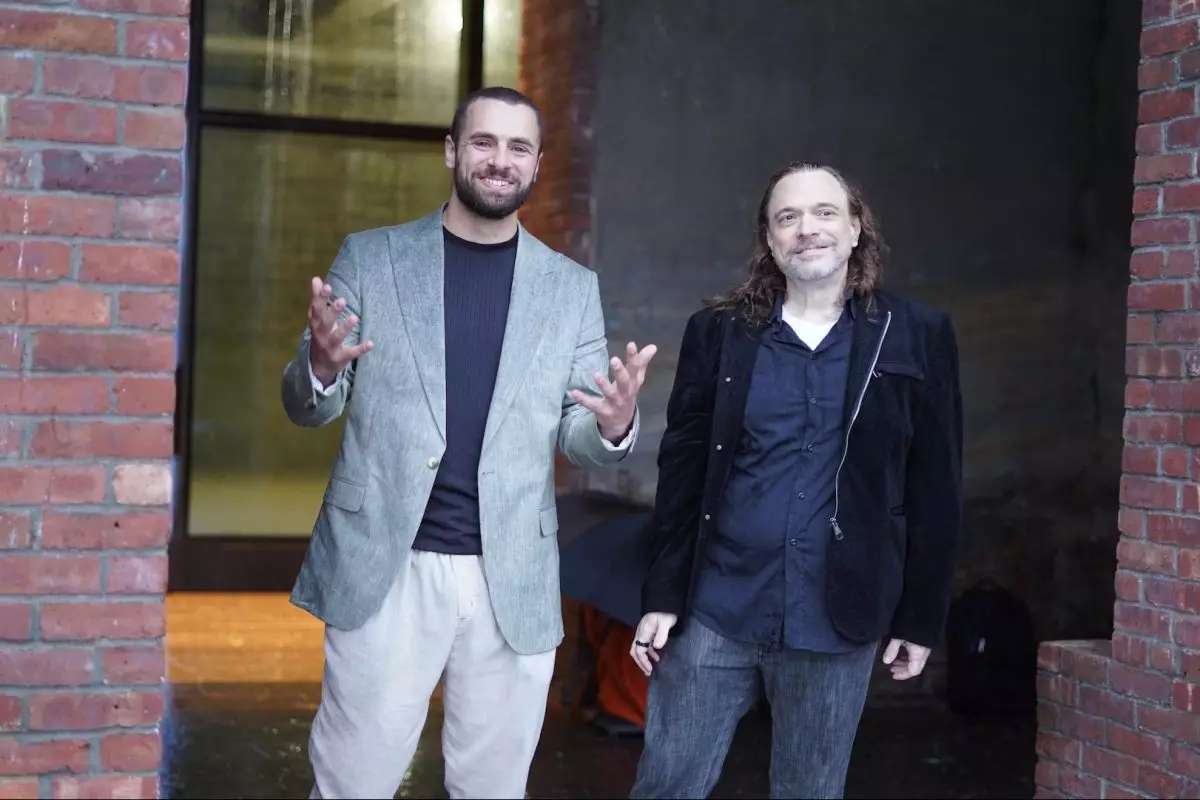In the ever-evolving world of artificial intelligence (AI), the journey from innovation to implementation is often riddled with challenges. A new entrant named Cake is making its mark by addressing the fundamental issues that organizations face when trying to integrate various open-source AI tools into a cohesive and functional system. Backed by Google’s AI-focused venture fund, Cake not only simplifies the process of using open-source AI infrastructure but also reduces the engineering burdens that businesses commonly encounter.
Modern enterprises are increasingly turning to open-source solutions for their AI needs due to the flexibility and cost-effectiveness these tools provide. However, the sheer number of components available—from data source adapters like Apache Hadoop to vector databases like Milvus—often leads to confusion and inefficiencies. This is where Cake steps in, striving to create a streamlined environment that encapsulates the multiple layers of the AI stack. By integrating over 100 diverse components, Cake aims to make the life of data engineers and scientists significantly easier, allowing them to focus on deriving insights rather than getting lost in an array of disparate tools.
Misha Herscu, the CEO of Cake, emphasizes that the aim isn’t just to create another open-source project but to deliver a fully managed infrastructure solution. According to him, “the biggest problem wasn’t a single part of the stack… it was the challenge of integrating everything reliably and making it production-ready.” This reflects the complexities enterprises face, where disparate systems must work harmoniously to achieve operational excellence.
The company’s namesake, Cake, is quite fitting in its metaphorical representation of the AI stack. Just like a layered cake, where each layer adds value and richness, Cake’s approach involves combining different functionalities into a singular, more digestible format for businesses. The platform unifies various open-source AI components to deliver a comprehensive solution, thereby addressing the challenges associated with piecing together a functional AI application.
Cake’s focus on open-source components means that they can cater to diverse industries, including finance, where companies might need to sift through millions of documents for critical data insights. For instance, if a financial services firm wants to perform retrieval-augmented generation (RAG) on its data for better decision-making, Cake can streamline the integration of tools necessary for such tasks. This ability to configure a robust system tailored to specific needs sets Cake apart from traditional off-the-shelf solutions.
Founded in 2022 by Misha Herscu and Skyler Thomas, the team behind Cake brings a wealth of experience to the table. Herscu’s previous venture, McCoy Medical Technologies, laid the groundwork for his understanding of AI infrastructure in a practical setting. His journey through various customer discovery calls has equipped him with insights into the pressing needs of data science teams. Meanwhile, Thomas’s previous roles at industry giants like IBM and Hewlett Packard Enterprise have solidified his expertise in large-scale project management.
The duo’s combined backgrounds foster a company culture that revolves around collaboration, experimentation, and agility—traits that are essential for navigating the fast-paced tech landscape. Their efforts showcase a commitment to not merely build products but to ensure that they genuinely address market needs.
Internally and externally, Cake is capable of operating and integrating solutions similar to those offered by established players in the sector, like Red Hat—famous for making Linux safe for enterprise use. Cake’s approach, however, focuses squarely on the AI landscape, an area ripe for a similar transformation. As organizations look to navigate the interplay of various open-source elements, Cake aims to become a go-to provider for those needing managed, integrated solutions.
As the company prepares for future financing rounds, the traction it has gained in such a short time suggests that enterprises are keenly interested in the value Cake provides. The $13 million raised to date reflects both confidence from investors and growing recognition of its offerings in the market.
Cake emerges at a critical juncture in AI by bridging the gap between raw, open-source components and the enterprise-ready solutions that businesses desperately need. Through an innovative, integration-first approach, Cake aspires to change the landscape of AI infrastructure, making it not just accessible but also manageable for organizations of all sizes. In a world increasingly leaning on AI for growth and innovation, having the right tools to integrate these technologies will be paramount to success, and Cake is poised to lead the charge.

